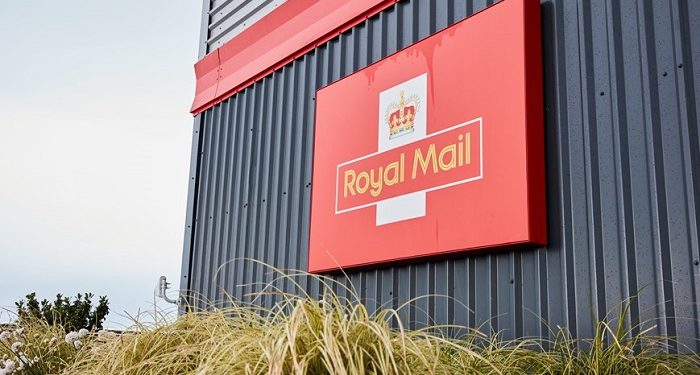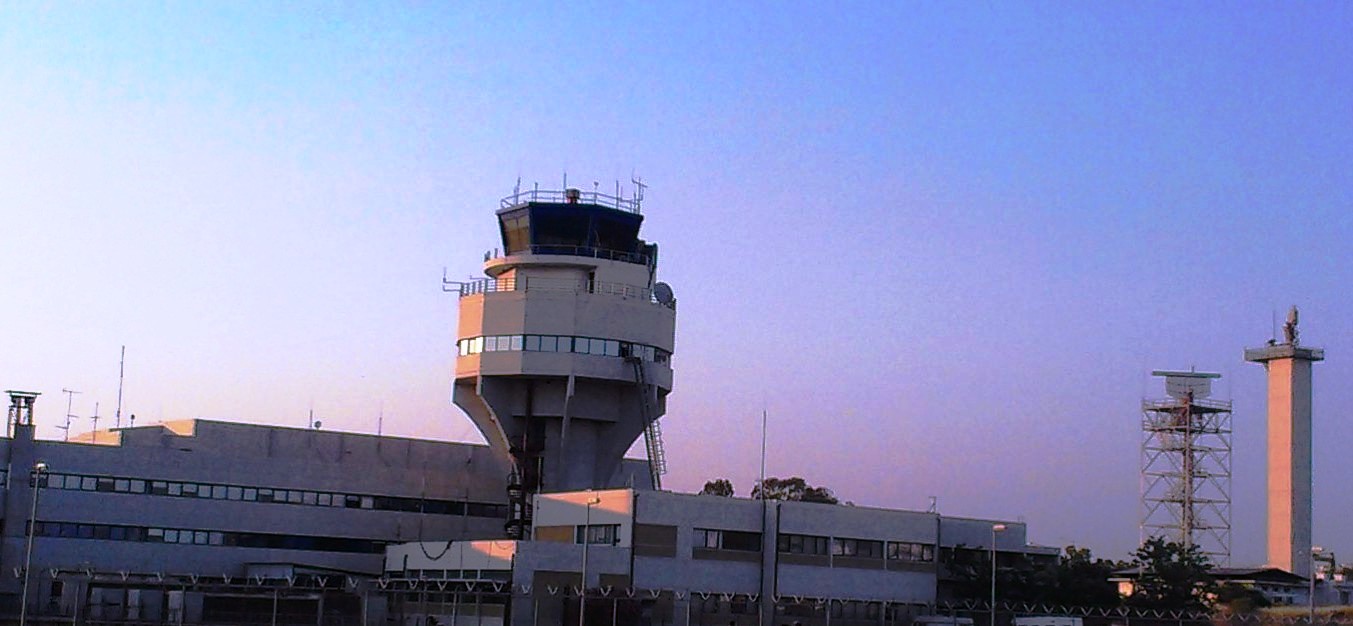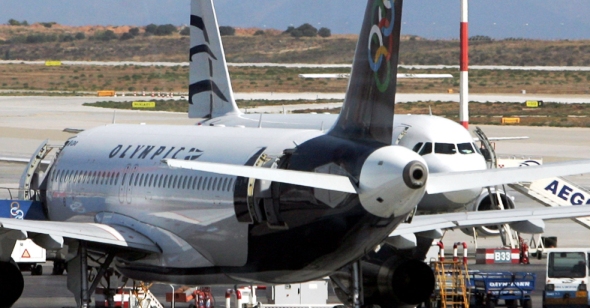Royal Mail results for the full year ended 26 March 2023 were issued on Thursday 18 May 2023.
| Reported measures (£m)1 | 52 weeks ended March 2023 | 52 weeks ended March 2022 | Change2 |
| Revenue | 12,044 | 12,712 | (5.3)% |
| Operating (loss)/profit | (748) | 577 | (229.6)% |
| – Royal Mail | (1,044) | 250 | (517.6)% |
| – GLS | 296 | 327 | (9.5)% |
| Basic (loss)/earnings per share (pence) | (91.3p) | 61.7p | (248.0)% |
Adjusted measures (£m)1 | |||
| Operating (loss)/profit | (71) | 758 | (109.4)% |
| Operating margin (%) | (0.6%) | 6.0% | (660)bps |
| (Loss)/profit before tax | (110) | 707 | (115.6)% |
| Basic (loss)/earnings per share (pence) In year trading cash (out)/in flow | (20.5p) (34) | 60.0p 519 | (134.2)% (106.6)% |
| Pre-IFRS16 in-year trading cash (out)/in flow | (213) | 353 | (160.3)% |
| Net debt | (1,500) | (985) | 52.3% |
| Net (debt) / cash (pre-IFRS 16) | (181) | 307 | (159.0)% |
Summary segmental results1
| Revenue | Adjusted operating (loss) / profit | |||||
| (£m) | 52 weeks ended March 2023 | 52 weeks ended March 2022 | Change2 | 52 weeks ended March 2023 | 52 weeks ended March 2022 | Change2 |
| Royal Mail | 7,411 | 8,514 | (13.0)% | (419) | 416 | (200.7)% |
| GLS | 4,650 | 4,219 | 10.2% | 348 | 342 | 1.8% |
| Intragroup | (17) | (21) | (19.0)% | – | – | – |
| Group | 12,044 | 12,712 | (5.3)% | (71) | 758 | (109.4)% |
Key points:
- Group reported operating loss of £748 million (2021-22: £577 million profit), comprised of loss in Royal Mail of £1,044 million (2021-22: £250 million profit) and a profit in GLS of £296 million (2021-22: £327 million profit).
- Royal Mail adjusted operating loss of £419 million (2021-22: £416 million profit) due to industrial action, inability to deliver the in-year benefits of planned productivity improvements, lower test kit volumes and a weaker online retail market, partly offset by successful management actions to reduce costs and rightsize the business in the second half of the year.
– Excluding voluntary redundancy charges, adjusted operating loss of £386 million, in line with revised guidance.
- GLS adjusted operating profit of £348 million, up 1.8% year-on-year (0.2% in Euros), with 7.5% adjusted operating profit margin (down 60 basis points), slightly ahead of consensus.
- Impairment charge of £539 million as carrying value of Royal Mail reduced to £900 million given the current risk backdrop and ongoing industrial dispute.
- Royal Mail:
– Delivering on change – good progress on five-point plan: revisions now fully deployed, c.10k reduction in FTE (Full Time Equivalent) at end March 2023, exceeding target of c.5k, delivering £150 million benefit in 2023-24, rolled out dedicated parcel hubs and Midlands Super Hub on track to open in June 2023.
– Pay & Change agreement ratified by CWU Postal Executive Committee and recommended to members. Creates platform for the next phase of stabilising the business whilst continuing to drive efficiency and change, improve quality of service and competitiveness, and reduce cost and environmental impact. Cumulative pay increases for next two years funded by operational change efficiencies.
– Quality of service performance disappointing, impacted by industrial action and higher levels of absence. Improvement plan is underway.
– Universal Service Obligation (USO) requires major reform. We urge the Government to work with us to protect the long-term sustainability of the one-price-goes-anywhere Universal Service.
- GLS:
– Resilient trading through a combination of pricing actions, quality of service, targeted efficiency measures and impact from acquisitions. Prior year investments in automation and digitalisation helped mitigate cost pressures. Flexible business model, balanced B2C and B2B portfolio, and diversified geographic exposure continue to underpin performance.
– Continuing to invest in growth, efficiency, diversification and digitalisation through the cycle.
- Despite increase in net debt, balance sheet remains strong with pre-IFRS16 net debt of £181 million (2021-22: £307 million net cash) and liquidity of £1.7 billion.
- Dividend: Given the performance of Royal Mail and increasing investment in GLS, Board is not recommending a final dividend.
- Outlook: Targeting Group adjusted operating profit in 2023-24:
- Royal Mail: Targeting to restore profitability in Royal Mail over the two remaining years of the recommended pay deal, with a return to adjusted operating profit (before voluntary redundancy costs) in 2024-25.
– Benefits of CWU agreement offset pay costs over two years.
– Revenue growth initiatives reliant on quality of service improvement.
– H1 2023-24 adjusted operating loss expected to be higher year on year. H2 expected to see significant year on year improvement, due to revenue recovery and efficiency initiatives as well as lapping main impacts of industrial disruption.
– Targeting 2023-24 in year trading cash outflows to be offset with proceeds from real estate disposals.
– Extent of progress dependent on improvement in service quality and delivery of change in operations.
- GLS 2023-24:
– Revenue growth year on year in Euros expected to be in the 3 to 5% range.
– Strategic initiatives such as the accelerated roll-out of parcel lockers, Serbia start-up costs and entry into new adjacent service areas such as 2-person handling, will place downward pressure on operating profit. However, these initiatives will enable growth opportunities to be captured and lay the platform for long term margin expansion. These initiatives, together with adverse working days effects, are expected to result in a temporary reduction in adjusted operating profit to between €350 to €370 million.
– Underlying adjusted operating profit, excluding strategic investments and working day effects, expected to be in the range €380 to €400 million – only slightly below the 2022-23 outturn – despite challenging macroeconomic conditions.
– Short term uplift in capex, to approx. 5% of sales, returning to historic 3-4% within 2-3 years.
– Target €500 million adjusted operating profit in 2026-27.
Volume and revenue
| Revenue (£m) | 52 weeks ended March 2023 | 52 weeks ended March 2022 | 52 weeks ended March 2020 | % change2 2023 vs 2022 | % change2 2023 vs 2020 |
| Group3 | 12,044 | 12,712 | 10,840 | (5.3)% | 11.1% |
| Royal Mail | 7,411 | 8,514 | 7,720 | (13.0)% | (4.0)% |
| Total Parcels | 3,910 | 4,800 | 3,702 | (18.5)% | 5.6% |
| Domestic Parcels (ex. international)4 | 3,226 | 4,021 | 2,831 | (19.8)% | 14.0% |
| International Parcels5 | 684 | 779 | 871 | (12.2)% | (21.5)% |
| Letters | 3,501 | 3,714 | 4,018 | (5.7)% | (12.9)% |
| GLS | 4,650 | 4,219 | 3,161 | 10.2% | 47.1% |
| Volume (m units) | 52 weeks ended March 2023 | 52 weeks ended March 2022 | 52 weeks ended March 2020 | % change2 2023 vs 2022 | % change2 2023 vs 2020 |
| Royal Mail | |||||
| Total Parcels | 1,205 | 1,517 | 1,312 | (21)% | (8)% |
| Domestic Parcels (ex. international)4 | 1,064 | 1,365 | 1,039 | (22)% | 2% |
| International Parcels5 | 141 | 152 | 273 | (7)% | (48)% |
| Addressed letters (ex. elections) | 7,280 | 7,961 | 9,703 | (9)% | (25)% |
| GLS | 862 | 870 | 667 | (1)% | 29% |
Keith Williams, Independent Non-Executive Chair, commented: “I said before that we had reached a crossroads at Royal Mail. Now that we have a negotiators agreement with CWU that will shortly go out to ballot, and thanks to the good progress made on our five-point plan to stabilise Royal Mail, our destination is coming into sight.”
“There is now a clear path towards a more competitive and profitable Royal Mail, delivering improved services for our customers whilst further reducing our environmental impact. Importantly, if ratified, the CWU agreement provides greater job security and increased rewards – through both pay and profit share – for our employees. Successful delivery of the agreement will be key.”
“Quality of service has been significantly affected by industrial action and high levels of absence. I am sorry that we have not delivered the high standards of service our customers expect. Improving quality of service is our top priority.”
“GLS has a proven track record of growth, solid margins and cash generation. During 2022-23 it delivered a robust performance in a tough macro-economic climate. Its flexible operating model, balanced B2C and B2B portfolio, diversified geographic exposure and continued investment have underpinned good progress this year and we continue to invest for long-term growth and margin accretion.”
“So as we enter 2023-24 we have grounds for optimism. The economic climate remains challenging, and Royal Mail faces the task of rebuilding business from the damage caused by industrial action. To do this successfully and plan for the long term, urgent reform of the Universal Service Obligation is essential. Our plan is to return to group profitability this year but also seize the opportunity for both businesses to deliver ongoing profits thereafter, to the benefit of both our employees, customers and shareholders.”
Martin Seidenberg, Chief Executive, GLS added: “GLS delivered a robust financial performance despite challenging macro-economic headwinds that impacted our sector, in particular cost inflation. This was achieved through a combination of price, quality of service and targeted efficiency measures underpinned by our flexible operating model, balanced B2C and B2B portfolio and diversified geographic exposure.
“We have the right model and the right strategy and are continuing to invest in our networks and portfolio to deliver long-term growth, and margin expansion.”
(International Distributions Services)






















































